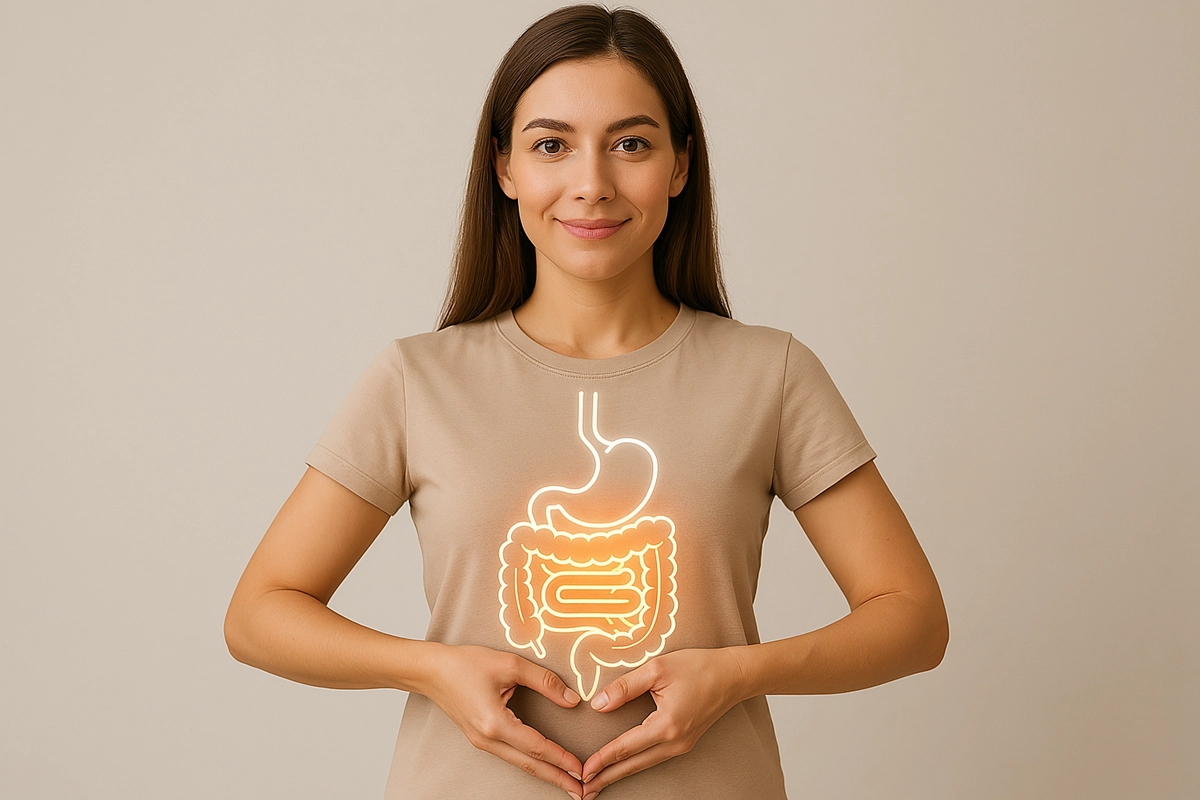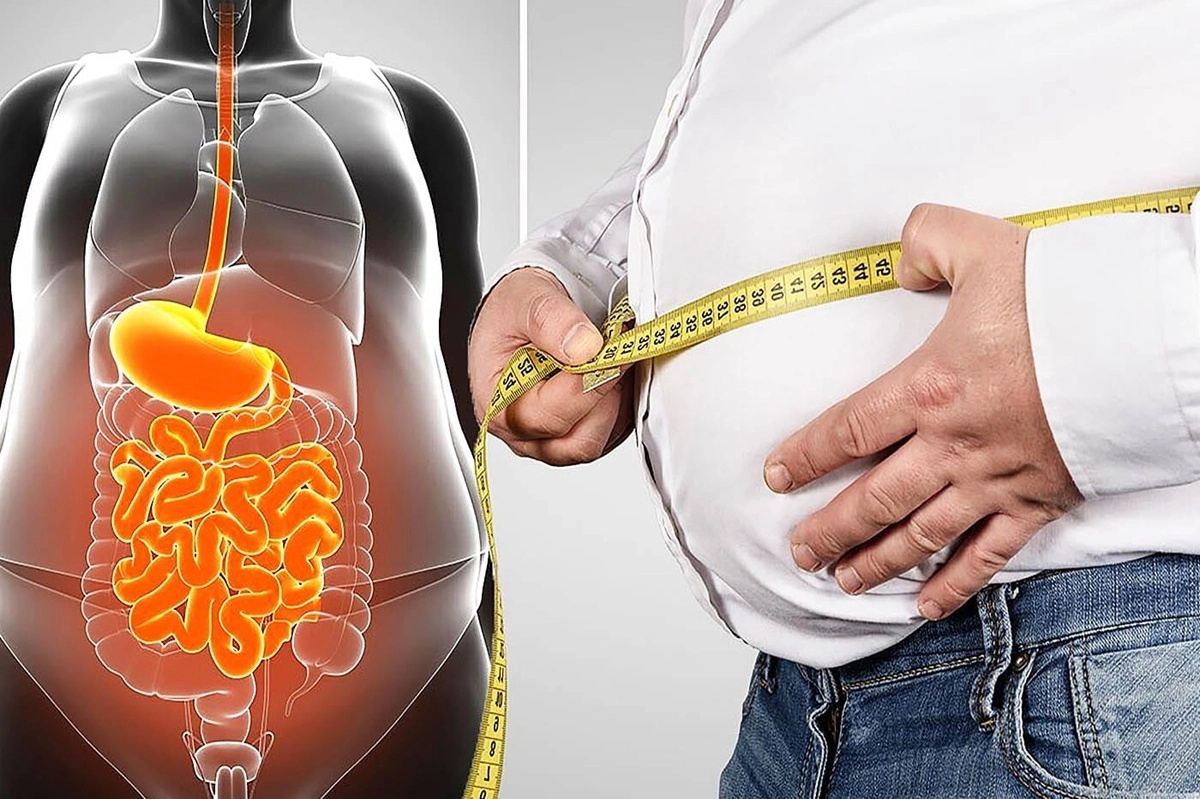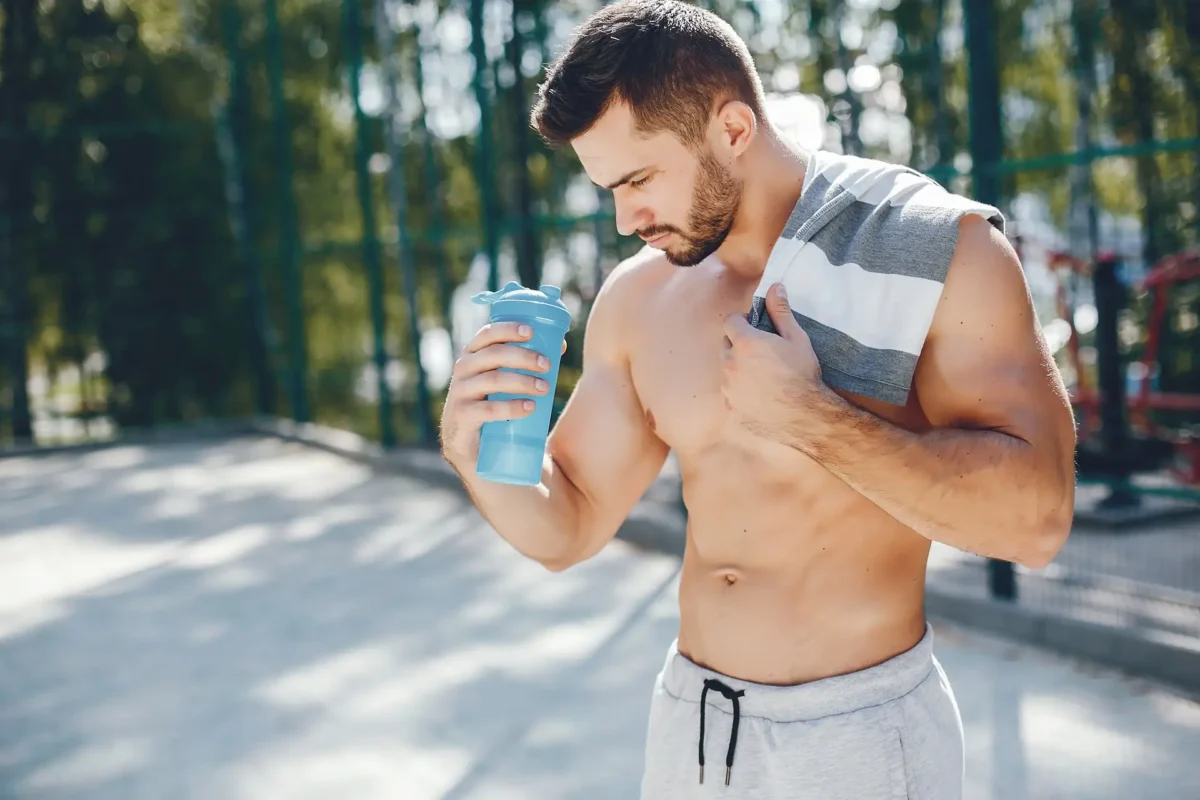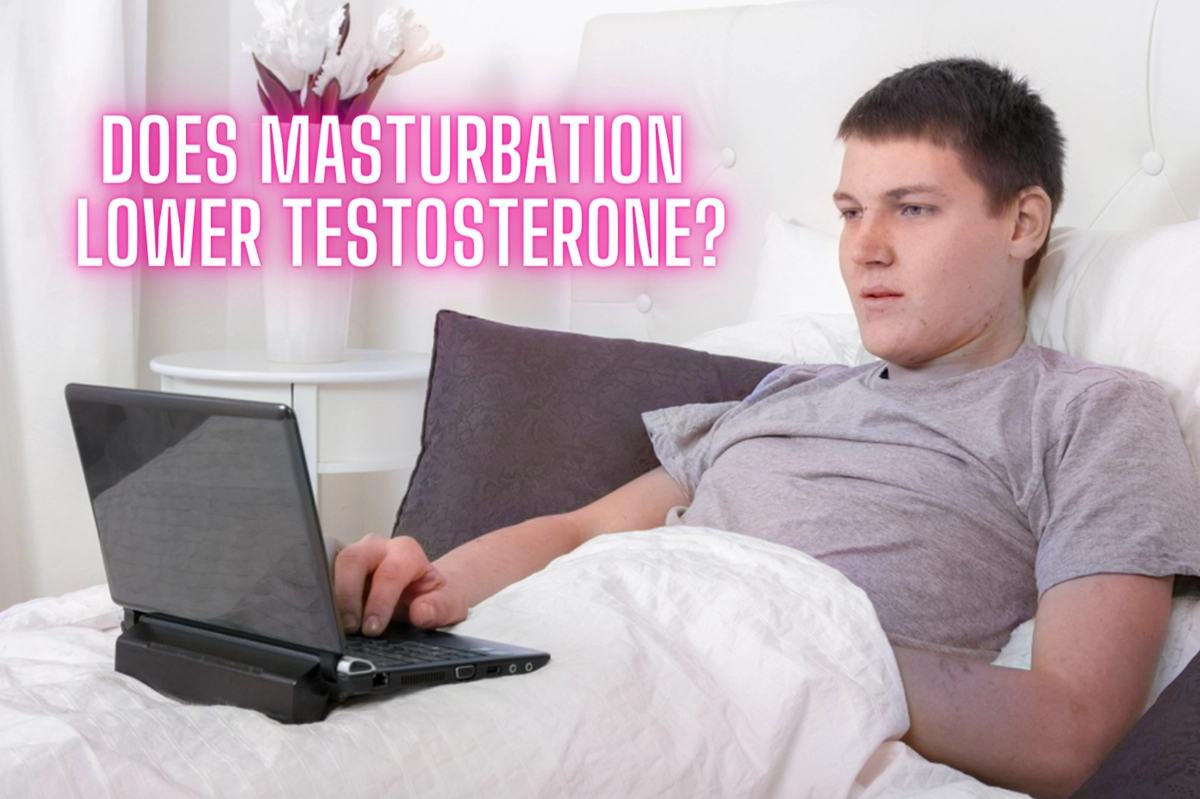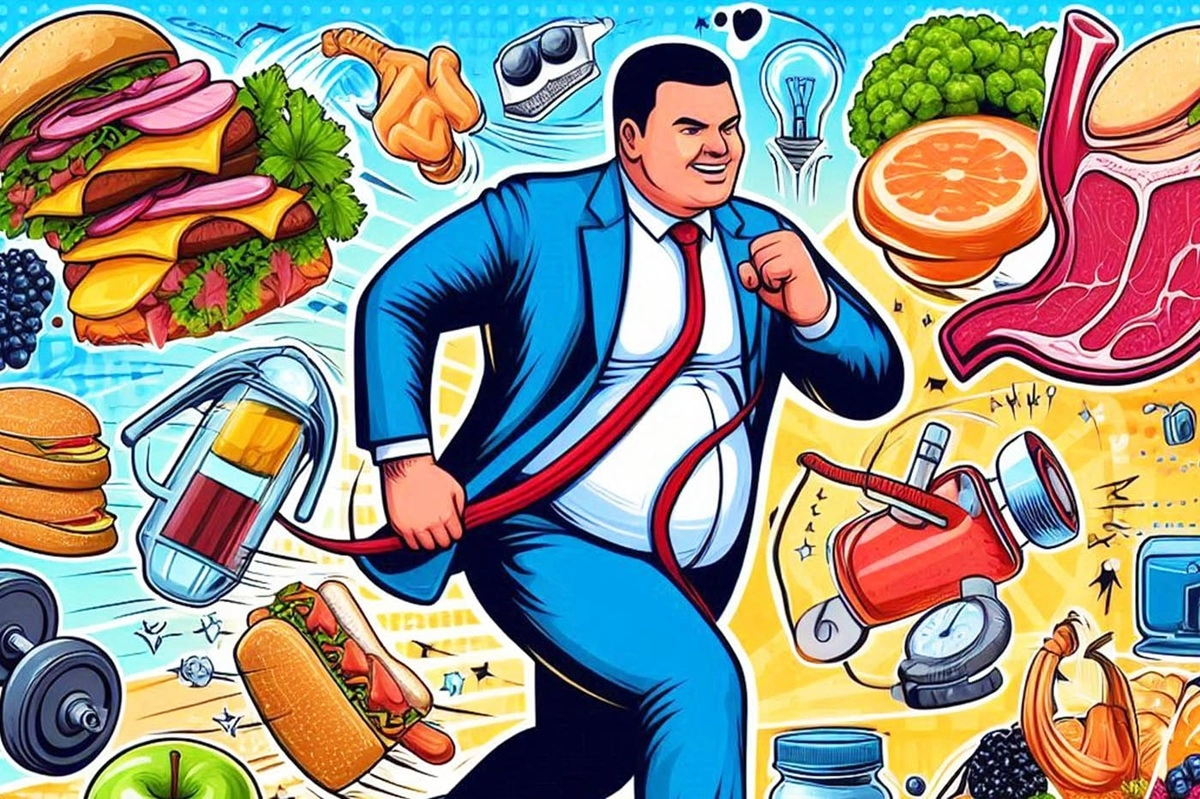Alcohol affects weight loss by slowing fat burning, adding empty calories, disrupting metabolism, and increasing hunger and cravings. It alters hormones like leptin, ghrelin, and cortisol, which regulate appetite and fat storage. Alcohol also reduces sleep quality and muscle protein synthesis, further hindering fat loss.
Let’s examine how those happy hour drinks impact your fitness goals.
The Science Of Alcohol And Metabolism
Alcohol is processed in the liver. The liver breaks it down into acetic acid, also known as acetate. Acetate is then used for energy instead of fat. This process slows fat burning. Fat burning stops when the body uses acetate.
This can lead to weight gain over time. Drinking alcohol can also increase appetite. People may eat more unhealthy foods.
Alcohol can lower the metabolic rate. A slower metabolism means fewer calories burned. This can make it harder to lose weight. Alcohol also affects hormones that control hunger. People may feel hungrier and eat more.
Drinking often can lead to more body fat. It’s important to understand these effects. This helps in making healthier choices.
Caloric Content Of Alcoholic Beverages
Alcoholic drinks can be high in calories. A glass of wine has about 125 calories. Beer can have up to 150 calories per bottle. A shot of spirits, such as vodka, contains approximately 97 calories. These drinks can add up quickly.
Consuming multiple drinks can lead to high-calorie intake. This can affect your weight and health. It’s essential to be aware of the number of calories you consume.
Many popular cocktails have hidden calories. A margarita can have up to 300 calories. A pina colada can have over 400 calories. These drinks often contain sugary mixers. They can add a lot of extra calories.
Even a simple gin and tonic has around 200 calories. The mixers can be high in sugar and calories. It’s easy to consume more calories than you realize. Choose drinks wisely to avoid extra calories.
How Alcohol Affects Your Weight Loss
When you drink alcohol, you’re not just consuming empty calories – you’re also forcing your body to prioritize processing those drinks before burning any fat.
Your liver shifts its focus to metabolizing alcohol as a primary fuel source, which can greatly slow your weight loss progress and lead to fat storage, particularly around your midsection.
Additionally, alcohol’s effects on judgment often lead to poor food choices and overeating, creating a double setback for your fitness goals.
1. Alcohol Is Often “Empty” Calories
Since alcohol provides calories without beneficial nutrients, it can significantly impact your weight loss journey as “empty” calories that contribute to your daily intake. When you’re trying to maintain specific calorie goals, alcohol consumption can quickly derail your progress.
Consider this: a single can of beer contains about 155 calories, while a glass of red wine has 125 calories, similar to what you’d get from a healthy afternoon snack. If you’re adding mixers like juice or soda, you’re consuming even more empty calories.
A night out drinking several alcoholic beverages can easily add hundreds of extra calories to your food intake, potentially slowing your metabolic rate and hindering weight loss efforts. These calories could be better spent on nutrient-rich foods that support your fitness goals.
2. Alcohol Is Used as a Primary Source of Fuel
Your body’s fuel hierarchy makes alcohol metabolism a significant obstacle to weight loss. When you consume alcohol, your system immediately prioritizes breaking it down before other energy sources. This means calories from alcohol get processed first, while other nutrients wait their turn.
Here’s what happens: Your body puts everything else on hold to deal with the alcohol as a primary source of energy. While it’s busy processing those drinks, the calories from your food, especially carbs and fats, are more likely to be stored as adipose tissue.
This storage process directly impacts your weight loss outcomes, even if you’re maintaining a careful calorie intake. The effects of alcohol consumption create a double challenge: you’re not just dealing with alcohol’s calories, but also with how it affects your body’s fat-storage mechanisms.
3. Alcohol Can Affect Your Organs
The liver stands at the forefront of your body’s weight loss battlefield, filtering toxins while managing how you process nutrients. When you engage in regular alcohol ingestion, your liver prioritizes breaking down alcohol metabolites over maintaining healthy metabolic pathways, which can sabotage your weight loss attempts.
Excessive alcohol use disorder doesn’t just impact your liver’s function – it fundamentally alters how your body handles fat storage and body mass regulation.
Your liver becomes less efficient at processing fats and carbohydrates, creating a domino effect that makes losing weight considerably more challenging
. As your liver focuses on filtering alcohol rather than optimizing nutrient metabolism, you’re effectively forcing this crucial organ to choose between detoxification and maintaining healthy body composition.
The result? Your weight loss progress slows while fat accumulates more readily.
4. Alcohol Can Contribute to Excess Belly Fat
Many people wonder if the stubborn belly fat they experience comes from their evening cocktails, and science confirms there’s truth to the infamous “beer belly” phenomenon.
When you consume alcoholic beverages, you’re taking in extra calories loaded with simple sugars that can spike your blood sugar levels. Your body prioritizes burning alcohol for fuel instead of fat burning, which means those additional calories are more likely to be stored as fat, particularly around your midsection.
While moderate drinking mightn’t completely derail your body weight goals, regular alcohol consumption can lead to significant weight gain over time.
Unfortunately, you can’t control where your body stores excess fat, but research shows the abdominal area tends to be a common storage spot for those extra calories from alcohol.
5. Alcohol Impairs Judgment, Particularly With Food
While maintaining strict control over food choices may be second nature when you’re sober, alcohol can quickly derail even the most disciplined eating habits.
Research shows that alcohol-related problems extend beyond simple judgment impairment – it actually triggers biological changes that increase your urge to eat.
When you’re drinking, poor decision-making becomes more likely, especially regarding food choices. Studies with impulsive drinkers demonstrate that alcohol’s effects on appetite are both behavioral and physiological.
Recent research found that even laboratory mice consumed notably more food when given alcohol over several days. This suggests that alcohol doesn’t just lower your inhibitions – it actively stimulates hunger signals in your brain, making it harder to resist those late-night cravings.
For successful weight loss, it is essential to manage your drinking habits carefully.
6. Alcohol and Sex Hormones
Beyond affecting your food choices, alcohol delivers another substantial blow to your weight loss efforts through its impact on sex hormones.
Research shows that alcohol intake greatly disrupts testosterone levels in your body, an essential hormone for building muscle and burning fat.
When your testosterone drops, you’re more likely to develop metabolic syndrome, which complicates weight loss through:
- Increased body mass index
- Higher blood pressure
- Elevated cholesterol
- Unstable blood sugar levels
These changes make it harder for you to maintain an effective exercise routine and build lean muscle mass.
Additionally, if you’re experiencing poor sleep quality due to low testosterone, you’ll have less energy for physical activities.
That’s why many treatment recommendations for sustainable weight loss include limiting alcohol consumption to protect your hormonal balance and metabolic health.
7. Alcohol Can Negatively Affect Your Sleep
Some people rely on a nightcap to help them drift off to sleep, but research shows alcohol actually disrupts your sleep cycles and sabotages weight loss progress.
Recent alcohol-related research indicates that even moderate alcohol consumption interferes with your sleep patterns, leading to increased wakefulness throughout the night.
When you’re not getting quality sleep, your body experiences sleep deprivation, which directly impacts hormones related to hunger and energy storage. This hormonal imbalance can work against your weight loss efforts, even if you’re following a strict diet or taking weight loss medications.
Your body needs proper rest to maintain healthy metabolism and appetite control.
If you’re serious about reaching your fitness goals, you’ll want to reconsider that evening drink and focus on establishing better sleep habits.
8. Alcohol Affects Digestion and Nutrient Uptake
When you drink alcohol, it disrupts your body’s ability to properly digest and absorb essential nutrients that support your weight loss journey.
Regular alcohol consumption places significant stress on your stomach and intestines, leading to reduced digestive function and slower food movement through your system.
Your body’s digestive secretions play a crucial role in breaking down food into nutrients that fuel your metabolism and support your weight management goals.
Unfortunately, alcohol intake interferes with these processes, making it more difficult for your body to extract and utilize essential nutrients from the foods you eat.
Even moderate drinking can impact nutrient absorption, potentially undermining your fitness progress and affecting how efficiently your body manages weight.
This interference with normal digestive function can ultimately slow down your transformation, much like trying to build muscle with incomplete protein synthesis.
Alcohol’s Influence On Hormones
Alcohol impacts insulin levels in the body. It can cause spikes in blood sugar. A rapid drop follows this spike. Low blood sugar leads to cravings for sugary foods. High insulin levels make it hard to burn fat. The body stores more fat instead.
Alcohol raises cortisol levels. Cortisol is the stress hormone. High cortisol levels can lead to increased fat storage, particularly around the abdomen. The stress response is affected, causing the body to store more fat. This makes it harder to lose weight.
Fat Oxidation And Alcohol Consumption
Fat burning happens in the body’s cells. This process is called fat oxidation. During fat oxidation, fat molecules break down. This releases energy for the body to use. Enzymes help in this process. The liver plays a crucial role in fat metabolism. Without proper fat oxidation, energy levels drop. The body needs a balance of nutrients for fat burning.
Alcohol consumption negatively impacts fat oxidation. The liver prioritizes alcohol metabolism over the metabolism of fats. This means fat burning slows down. Alcohol also increases fat storage in the body. Calories from alcohol are empty calories. They add no nutritional value. This leads to weight gain. The body uses alcohol as a quick source of energy. This leaves fat untouched. Alcohol disrupts hormone levels, too, affecting metabolism. It’s important to understand these effects.
Nutrient Absorption And Alcohol
Alcohol affects how the body absorbs macronutrients, including proteins, fats, and carbohydrates. The liver breaks down alcohol, but this process takes priority. This means fewer enzymes are available for digesting food. Alcohol can damage the stomach lining. This makes it harder to absorb nutrients. Alcohol also slows down digestion. Food stays in the stomach for an extended period, leading to reduced nutrient absorption.
Alcohol interferes with the absorption of vitamins and minerals. The body needs these nutrients to stay healthy. Alcohol can deplete vitamin B, vitamin C, and folic acid. It also affects the absorption of minerals like calcium, magnesium, and zinc. This can lead to deficiencies. These deficiencies cause health problems. Alcohol can also cause loss of nutrients through urine. Drinking too much alcohol can weaken your body over time.
Physical Activity, Alcohol, And Fat Loss
Alcohol impacts workout performance. It can make you feel tired and less motivated. Your coordination and focus may suffer. This can lead to poor form and potential injuries. Alcohol also dehydrates the body. Dehydration reduces your strength and endurance. Post-drinking workouts are less effective and less productive.
Recovery times are longer with alcohol consumption. Your body needs more time to heal and repair. Muscle growth is hindered due to the negative impact on protein synthesis. Sleep quality is also affected, which is crucial for muscle recovery and overall well-being. Alcohol disrupts your sleep cycle, making it harder to get the rest you need. Reduced sleep and poor recovery slow down your fat loss and muscle gain.
Real-Life Effects Of Moderate Drinking
Light drinkers tend to have less body fat. They often see no weight gain. Studies show they can drink one or two drinks without harm. Some even have better heart health. They may live longer lives. Moderate drinking can also enhance social interactions.
Moderate drinking can lead to better health. It can reduce stress and improve mood. Drinking in moderation may lower the risk of certain diseases. Heart disease and diabetes risks can be decreased. Alcohol in small amounts can be beneficial. Too much alcohol can be harmful. Always keep it moderate.
Best Alcoholic Drinks for Weight Loss
When it comes to smarter drinking choices while maintaining your fitness goals, clear spirits like vodka, whiskey, gin, tequila, and brandy are your best options.
You’ll find that these pure spirits typically contain around 100 calories per standard serving, making them a far better choice than sugary cocktails or heavy beers.
If you’re going to enjoy an occasional drink while working on your physique, stick to spirits with zero-calorie mixers, such as club soda or on the rocks.
1. Vodka
Among popular spirits, vodka stands out as a waistline-friendly choice with just 100 calories per 1.5-ounce serving.
When monitoring your alcohol intake during weight loss, vodka’s minimal caloric impact makes it a smarter option compared to other beverages. However, your heart rate and alcohol dose effects still require attention, even with this lighter choice.
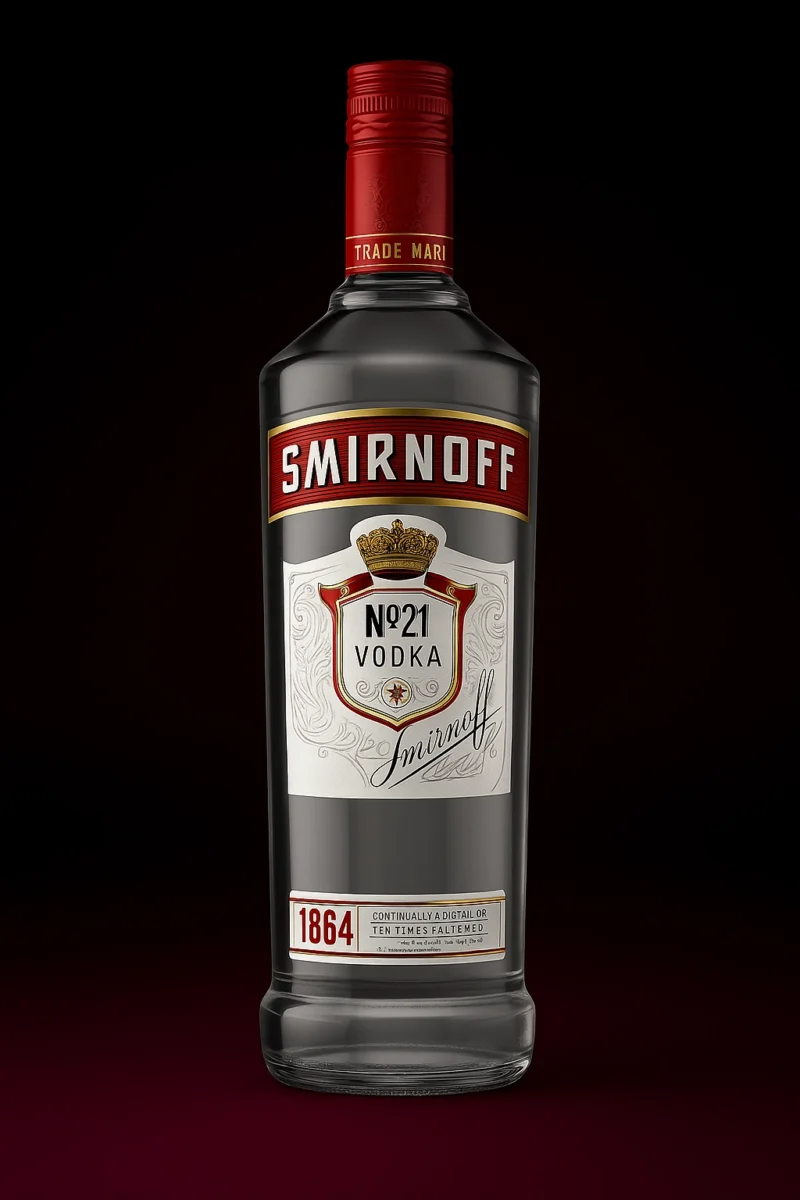
To maximize vodka’s weight-loss compatibility, avoid sugary juices and high-calorie mixers that can quickly derail your progress. Instead, opt for club soda or other low-calorie alternatives.
Many moderate drinkers find success by treating vodka as part of their calculated daily calorie allowance. The key is maintaining portion control – those beverage recalls the morning after won’t help your fitness goals.
2. Whiskey
Like vodka, whiskey emerges as another wise choice for the weight-conscious drinker, containing just 100 calories per 1.5-ounce serving of 86-proof spirit.
If you’re managing your weight loss while maintaining moderate levels of alcohol consumption, whiskey can be a strategic choice. For impulsive individuals who tend to overindulge, limiting yourself to one beverage per day can help control your overall alcohol intake.
To maximize your weight loss efforts, skip the sugary mixers—especially cola—and opt for whiskey on the rocks instead.

Remember that while whiskey offers a lower-calorie option compared to many other alcoholic beverages, your success still depends on maintaining a balanced approach to drinking.
Even with its relatively low calories, whiskey should be enjoyed mindfully as part of your overall fitness strategy.
3. Gin
Gin stands shoulder-to-shoulder with whiskey as another excellent choice for weight-conscious fitness enthusiasts. At just 115 calories per 1.5-ounce standard drink, it’s a smart option for those monitoring their alcohol consumption while following program recommendations for weight management.
For optimal public health nutrition practices during your fitness journey, consider how alcohol consumption levels affect food intake. Current obesity research suggests choosing simple cocktails that won’t derail your progress.
A classic gin martini is your best bet – it’s low in calories and comes with a bonus: the olives provide beneficial antioxidants and vitamin E.
Remember that even though gin offers a lower-calorie alternative, moderation remains crucial. Arnold’s famous discipline applies here too: strategic choices help you maintain your fitness goals while still enjoying an occasional drink.
4. Tequila
While most spirits pack a caloric punch, tequila emerges as a lean champion at just 100 calories per 1.5-ounce serving. If you’re watching your weight loss progress while maintaining moderate alcohol consumption, tequila might be your best bet among spirits.
What makes tequila particularly weight-loss friendly isn’t just its lower calories – it’s the simplicity of its traditional serving method. Unlike heavy drinkers who mix their spirits with sugary sodas, you can enjoy tequila with just salt and lime, keeping your average level of alcohol intake aligned with your fitness goals.
This simple combination won’t derail your progress like other cocktails might.
Remember: even though tequila offers a lighter option, moderation remains key. Excessive alcohol consumption can still impact your weight loss journey, regardless of your spirit choice.
5. Brandy
Similarly elegant to tequila in terms of caloric content, brandy brings sophistication to your weight loss journey, with 100 calories per 1.5-ounce serving.
When managing your baseline alcohol intake during a fitness regimen, brandy can be a strategic choice for both long-term health and weight management. Your body activities won’t be as compromised compared to sugary cocktails, especially when consumed in moderation.
However, alcohol-related expectancies should be realistic – while brandy’s calories are relatively modest, consuming alcohol over time can impact your progress.
For optimal results during weight loss treatment, consider brandy as an occasional after-dinner digestif rather than a regular drink. You’ll appreciate its fruity notes while staying mindful of your fitness goals, making it a sophisticated choice for those special moments when you want to indulge responsibly.
Making Informed Choices
Understanding your goals is very important. Some people want to lose weight. Others want to get stronger. Drinking alcohol can make it harder to reach these goals. Alcohol has many calories. It can also slow down fat burning. These effects can make it hard to lose fat.
Everyone’s body reacts differently to alcohol. Some might not see a significant impact. Others might struggle a lot. It is key to know how alcohol affects you. This way, you can make the best choices for your health.
Sometimes, it’s beneficial to consult a professional. Doctors and nutritionists can help. They can provide advice tailored to your needs. If you struggle with alcohol, seek help. Professionals can guide you. They can offer support and tips. This helps you stay on track with your goals.
To Wrap It All Up
You’ve heard the saying “you are what you drink,” and with alcohol, that’s particularly true for your fitness journey. If you’re serious about weight loss, you’ll need to monitor your alcohol consumption carefully.
While you don’t have to eliminate drinks, remember that alcohol affects everything from your metabolism to your sleep quality. Make wise choices about when and what you drink, and you’ll see better results in your weight loss goals.
FAQs
Does Alcohol Stop Your Body From Burning Fat?
Yes, alcohol stops your body from burning fat by prioritizing alcohol metabolism over fat oxidation. The body processes alcohol first because it sees it as a toxin, which delays fat burning and can lead to fat storage.
How Does Alcohol Affect Your Metabolism and Weight Loss?
Alcohol slows metabolism by interrupting normal nutrient processing and reducing fat oxidation. It also adds empty calories that can contribute to weight gain, making it harder to create a calorie deficit for weight loss.
What Types of Alcohol Are Better for Fat Loss?
Clear liquors like vodka, gin, and tequila are better for fat loss because they contain fewer calories and no added sugars. Avoid sweet cocktails and high-carb beers to reduce calorie intake and improve fat-burning potential.
Is red wine better than beer if you’re trying to burn fat?
Red wine is better than beer for fat loss because it has fewer carbohydrates and less volume per serving. Beer typically contains more calories and can lead to bloating, making it harder to stay in a calorie deficit.
What Are the Best Low-Calorie Alcoholic Drinks for Weight Loss?
The best low-calorie alcoholic drinks for weight loss include vodka soda, tequila with lime, dry wine, and light beer. These drinks are low in sugar and calories, helping you enjoy alcohol without significantly impacting fat loss goals.


